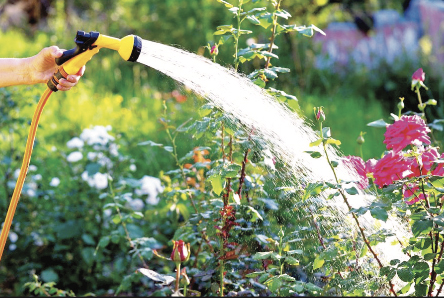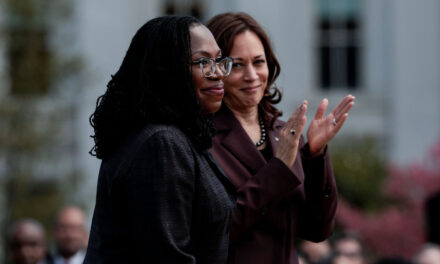By Paul Gattis
A proposal to increase water rates by 35 percent is significant enough that Huntsville city council President John Meredith took the unusual step last week of inviting Huntsville Utilities customers to the Aug. 24 meeting where the water rate plan will be spelled out in depth.
And because the city council must approve any proposed rate hikes, Meredith said, the council is interested in constituent feedback.”Come here, express your desires, your thoughts about this increase here to this body,” Meredith said. “Emails, phone calls, those are nice. We take them seriously. Maybe to the chagrin of my (city council) colleagues, I am inviting the public to come out here. Get to those podiums and tell us what you think. You have that opportunity. You have that right. Exercise it.”
What Huntsville Utilities is proposing is no small increase. Water rates will go up 35 percent across the board – for residential, commercial and industrial consumers – if the city council gives its approval.
The new rates would go into effect with the October billing cycle.
Currently the monthy charge is $1.33 per 1,000 gallons for the first 3,000 gallons. After the rate hike, it would go up to $1.80 per 1,000 gallons for the first 3,000 gallons. The next 3,000 gallons, under the proposal, would cost $2.31 per 1,000 gallons – up from $1.71 per 1,000 gallons.
The average residential customer using 4,000 gallons – non-sprinkler usage – will see their monthly bills increase by $6.34.
Speaking to the council, Joe Gehrdes, community relations director for Huntsville Utilities, broke it down into specific water consumption to illustrate the rise in cost. For example, he said that the cost of a shower – based on 16 gallons of usage — will rise from just over 2 cents to almost 3 cents. Flushing a toilet – using 2.6 gallons – will go from $0.0035 cents per flush to $0.0047 cents.
And to wash a load of clothes (12 gallons), the cost will go from $0.0160 cents to $0.0216 cents.
The need for the higher rates is that everything is more expensive than it used to be, Gehrdes said. Examples Gehrdes cited to the city council include, in part, capital projects needs for the utility and the escalating costs associated with construction as well as overall inflation and rising chemical costs to treat the water.
Increased growth in Huntsville is another issue attributed to the need for higher water rates.
“Utility infrastructure is a very durable good but that comes at a cost,” Gehrdes said. “And our system has reached an age in which there’s a lot of rehab and replacement happening. At the same time, we’re dealing with a lot of materials, cost increases, and inflation, and increases for labor and so forth.”
Gehrdes said at the Aug. 24 city council meeting, Huntsville Utilities will present “a deep dive into justification for all this” as well as the rolling out of a 20-year master plan for the water system.
Gehrdes said Huntsville Utilities last raised water rates in 2016 and that supply is not an issue in the request for increased rates.
“We’re not a for-profit company,” he said. “We’re a unit of government. And so we don’t ask for rate increases unless we absolutely have to.”
In addressing the city council last week, Gehrdes said that Huntsville Utilities currently has the lowest residential water rates among regional water system across the state. If the rate increase is approved, Huntsville Utilities will have the third-lowest rates behind Decatur and Gadsden.
The city council urged Gehrdes for the utility to get word out via social media about the proposed water rate hikes.
“We’ll continue to look for ways to make sure the public is not caught off guard by that,” Gehrdes said.











